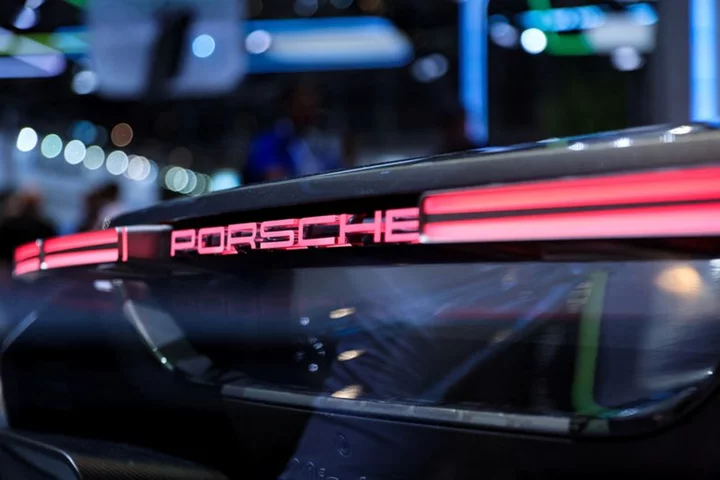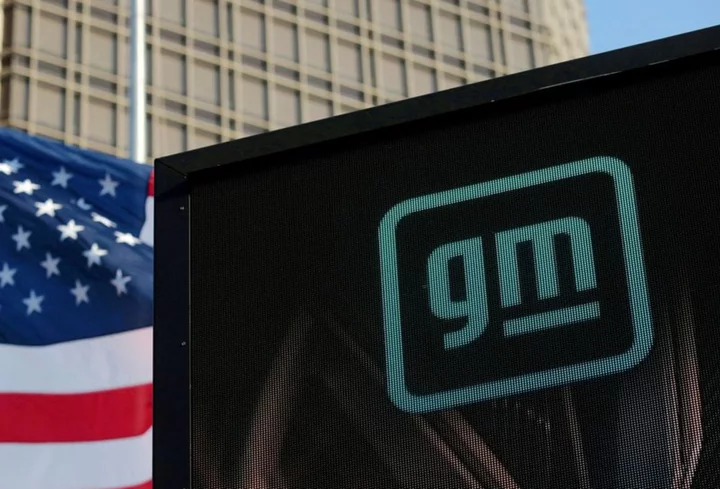By Paul Lienert
German automaker Porsche and investor UP.Partners have launched Sensigo, a California-based startup using artificial intelligence to enable vehicle service technicians to diagnose, resolve and eventually predict repair issues.
Sensigo said its AI-powered service platform and tools can improve the repair process for customers and techs, while boosting service center profitability, reducing repair costs and minimizing warranty risk.
The company is the second of six mobility startups that Porsche is launching over the next three years with UP.Partners, a Santa Monica firm that invests in and builds mobility companies, through its affiliates UP.Ventures and UP.Labs.
The partners’ first startup, Pull Systems, announced in March, manages electric vehicle battery performance.
In addition to Porsche, UP’s investment partners include Toyota’s Woven Capital, Alaska Air Group, ARK Invest and others. Portfolio companies include aerial vehicle startups Skydio and Beta Technologies.
In February, UP.Partners released its 2023 Moving World Report, which said automakers may not be able to build as many electric vehicles as they would like — and consumer demand for those EVs may not materialize as quickly as anticipated — if government and industry do not address and resolve a convergence of issues.
Among those roadblocks, a looming shortage of battery raw materials could put government mandates “in conflict with manufacturing reality” — one of the macro trends charted in the study.
Obstacles to the acceleration of EV production and demand in the United States include ongoing turmoil in global supply chains, insufficient vehicle charging infrastructure and an overloaded electrical grid, the 120-page report said.
(Reporting by Paul Lienert in Detroit; Editing by Nick Macfie)









